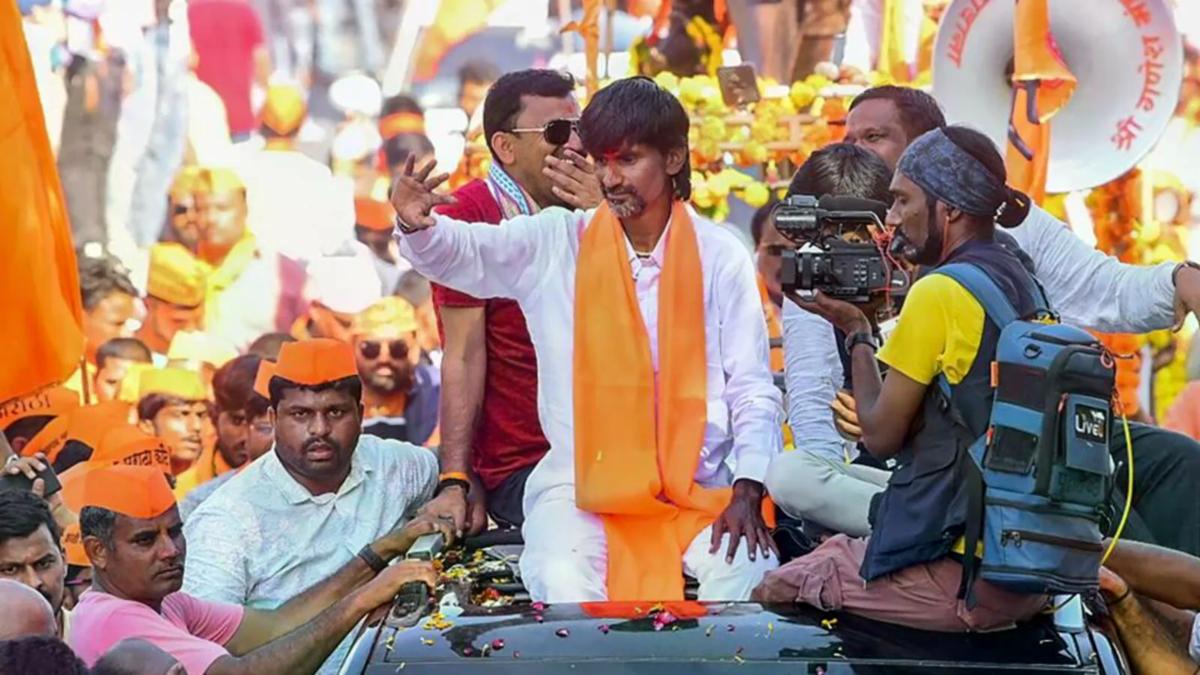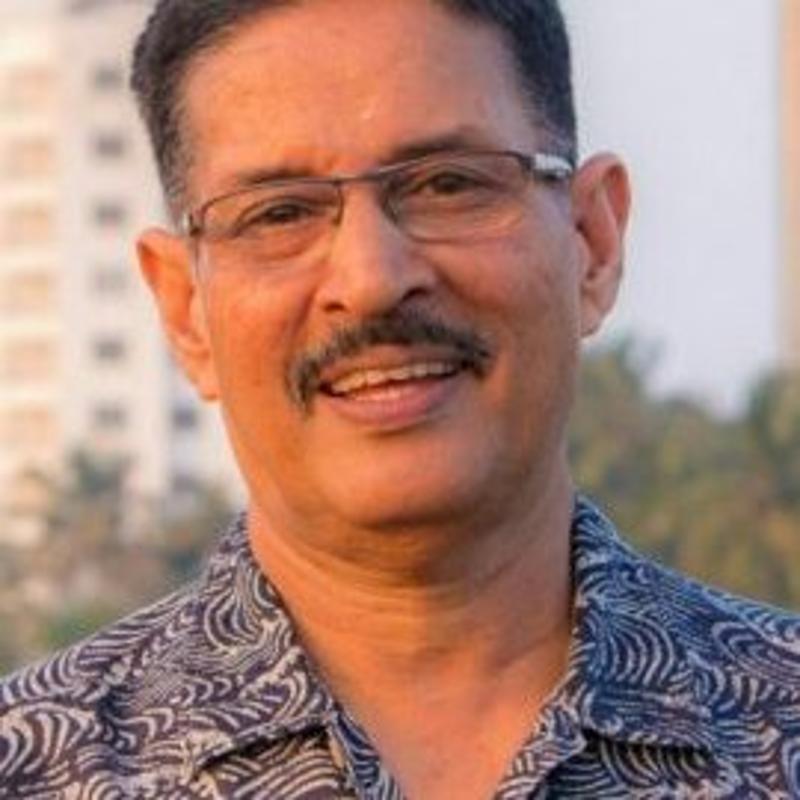Article Body
Manoj Jarange Leads Maratha Morcha: Azad Maidan Brims with Protestors
Early Morning Flood at Azad Maidan
Mumbai’s iconic Azad Maidan transformed into a sea of determined faces on Friday, August 29, 2025, as Maratha quota activist Manoj Jarange Patil arrived to launch an indefinite hunger strike demanding reservation for the Maratha community. By 9 a.m., the ground and adjacent areas were swarming with protestors from across Maharashtra, leading to major traffic disruptions and visible police presence.
Government Sanctions, Security Measures
After tense negotiations, Mumbai Police allowed Jarange and supporters to stage a peaceful protest at Azad Maidan between 9 a.m. and 6 p.m., restricting the gathering to 5,000 people and just five vehicles at the protest site. Reality defied the rules—police estimates put actual turnout at nearly 40,000, with convoys of vehicles weaving through green corridors created to minimize citywide disruption.
To maintain law and order, more than 1,500 police personnel, along with CRPF, RAF, CISF, and state security forces, were deployed around Azad Maidan and Chhatrapati Shivaji Maharaj Terminus (CSMT), where swelling crowds gathered. Senior officers personally supervised arrangements, with Joint Commissioner Satya Narayan seen briefing his team.
Traffic Grinds to a Halt
Mumbai ground to a halt as Eastern Freeway and Sion-Panvel highways were shut for the rally. Additional road closures on Vashi, Trombay, and Deonar arteries compounded gridlock, leading authorities to issue real-time alternative routes for commuters. Locals faced hours of inconvenience as protestors flooded central Mumbai.
Protest Demands and Peace Appeals
Jarange Patil, flanked by supporters and opposition politicians, emphasized a singular demand: recognition of all Marathas as Kunbis under the OBC category, making them eligible for reservation in education and public sector jobs. “We’ll remain at Azad Maidan until the government fulfills our demand,” Jarange declared in a rousing speech. He appealed for peace and discipline, urging followers to avoid violence or property damage.
Notable Absentees and Political Statements
State ministers, MLAs, and MPs largely stayed away, while Maharashtra Congress president Harshvardhan Sapkal and Ajit Pawar faction MLA Sana Malik publicly backed the protest. “This is a people’s movement, and the government must act sincerely,” Sapkal said, suggesting the reservation cap (currently at 50%) be removed.
What Happens Next?
As dusk fell, the protest transitioned toward a tense standoff: Jarange began his indefinite fast, refusing to leave until concrete action was announced. The government, yet to issue new legislation or notification, faces mounting pressure as one of Maharashtra’s most influential communities waits for a breakthrough.
Conclusion
By day’s end, Mumbai showcased the power of civil protest—and the complexity of India’s reservation debates. The city braced for the long haul as supporters pledged solidarity into the night, and streets echoed with Maratha slogans.


Comments